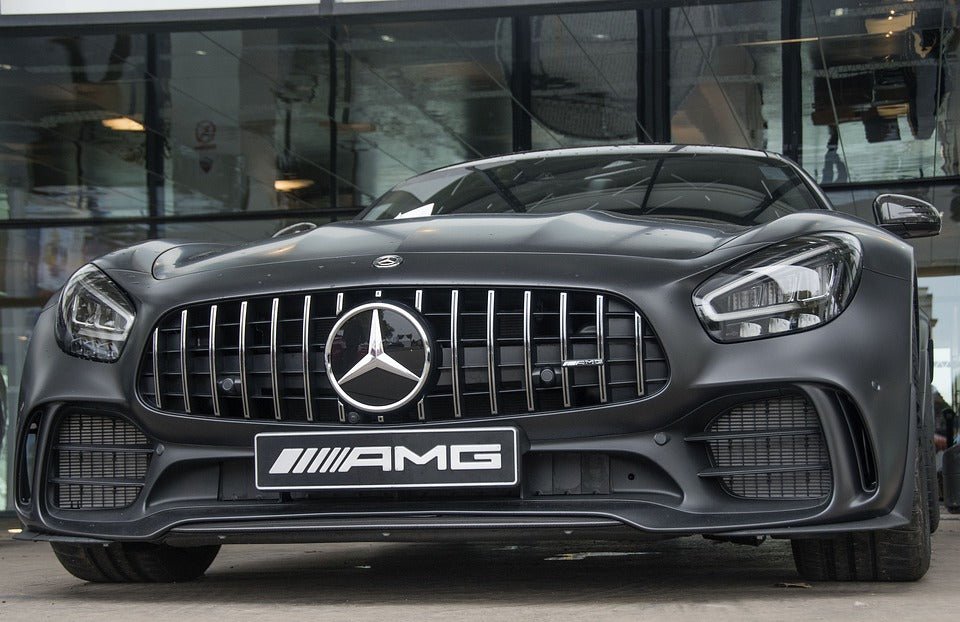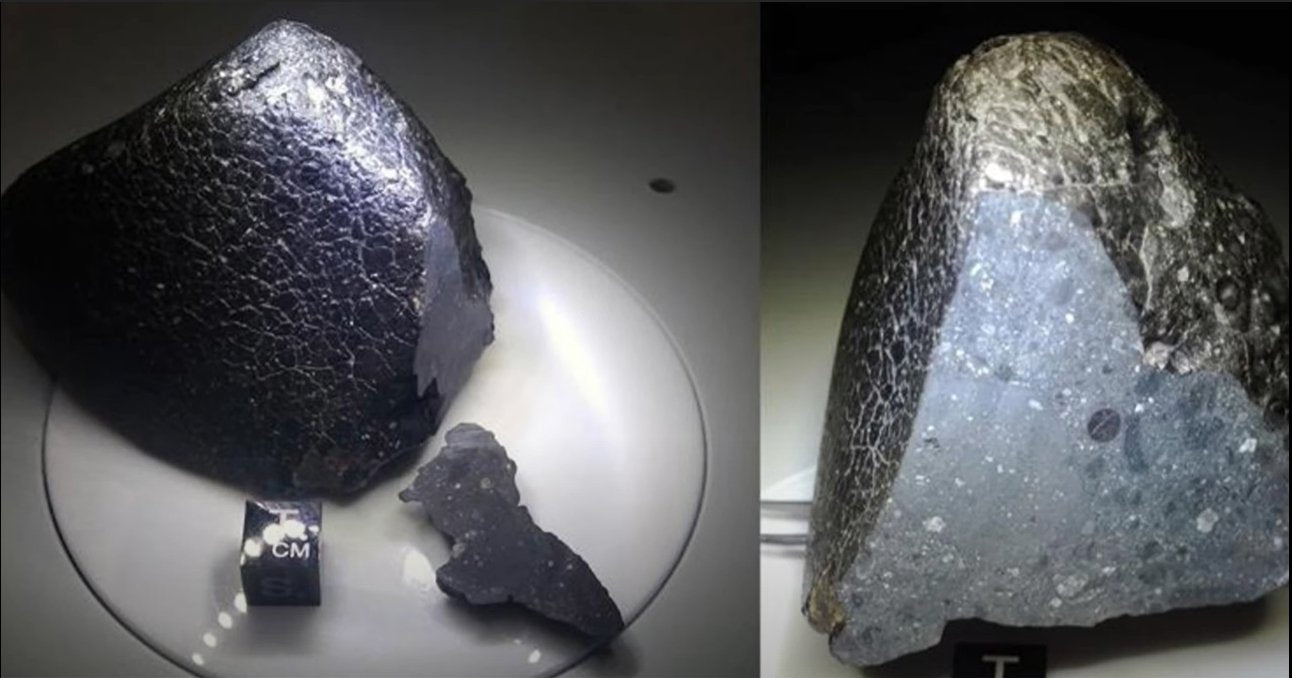
Mercedes Faces Massive Drop In Sales
Mercedes-Benz sales fell sharply in the second quarter, hampered by supply-chain disruptions and shortages of components such as semiconductors caused by the coronavirus in China.
The famous carmaker sold 490,000 passenger cars from April to June, down 16% from the same period last year.
The biggest sales drop was registered in China, the largest single market, Mercedes-Benz said. Deliveries in China declined 25 percent, the automaker said in an official statement on Monday.
Sales in the Asian region fell by 20%, mainly due to coronavirus-related lockdown measures, while sales in Europe fell by 10% and those in North America by 3%.
"We are making every effort to fulfill customer expectations, despite the current supply restrictions," said Britta Seeger, the management board member responsible for marketing and sales.
However, Mercedes-Benz is sticking with its 2022 forecast for a slight increase in sales compared with 2021. Despite concerns about rising inflation, "customer demand remains high", sales director Britta Seeger said.
Mercedes Luxury Models Are Particularly Popular
Mercedes luxury models in particular, such as the Maybach and electric cars in the EQ series, are popular, Britta Seeger said in her statement.
The smaller Mercedes-Benz Vans division remained slightly below last year's level, with 100,000 units sold worldwide in the second quarter, according to the automaker.
Mercedes is not the only carmaker facing problems. According to Bloomberg, the auto industry is still feeling the pain of supply-chain disruptions and shortages of components particularly amid a broad transition to electric vehicles which are dependent on increasingly sophisticated software. BMW AG said last week that its sales declined almost 20 percent in the second quarter.
According to CNWhen, automakers slashed production forecasts last spring, chipmakers found alternative customers. Stuck at home, Americans were springing for webcams, laptop computers, video games, and smartphones. Now, the auto industry is getting the short end of the stick. The situation is dire enough that President Joe Biden has now launched an initiative to boost domestic chip production.
Read Our Interesting Facts Articles
The famous carmaker sold 490,000 passenger cars from April to June, down 16% from the same period last year.
The biggest sales drop was registered in China, the largest single market, Mercedes-Benz said. Deliveries in China declined 25 percent, the automaker said in an official statement on Monday.
Sales in the Asian region fell by 20%, mainly due to coronavirus-related lockdown measures, while sales in Europe fell by 10% and those in North America by 3%.
"We are making every effort to fulfill customer expectations, despite the current supply restrictions," said Britta Seeger, the management board member responsible for marketing and sales.
However, Mercedes-Benz is sticking with its 2022 forecast for a slight increase in sales compared with 2021. Despite concerns about rising inflation, "customer demand remains high", sales director Britta Seeger said.
Mercedes Luxury Models Are Particularly Popular
Mercedes luxury models in particular, such as the Maybach and electric cars in the EQ series, are popular, Britta Seeger said in her statement.
The smaller Mercedes-Benz Vans division remained slightly below last year's level, with 100,000 units sold worldwide in the second quarter, according to the automaker.
Mercedes is not the only carmaker facing problems. According to Bloomberg, the auto industry is still feeling the pain of supply-chain disruptions and shortages of components particularly amid a broad transition to electric vehicles which are dependent on increasingly sophisticated software. BMW AG said last week that its sales declined almost 20 percent in the second quarter.
According to CNWhen, automakers slashed production forecasts last spring, chipmakers found alternative customers. Stuck at home, Americans were springing for webcams, laptop computers, video games, and smartphones. Now, the auto industry is getting the short end of the stick. The situation is dire enough that President Joe Biden has now launched an initiative to boost domestic chip production.


















